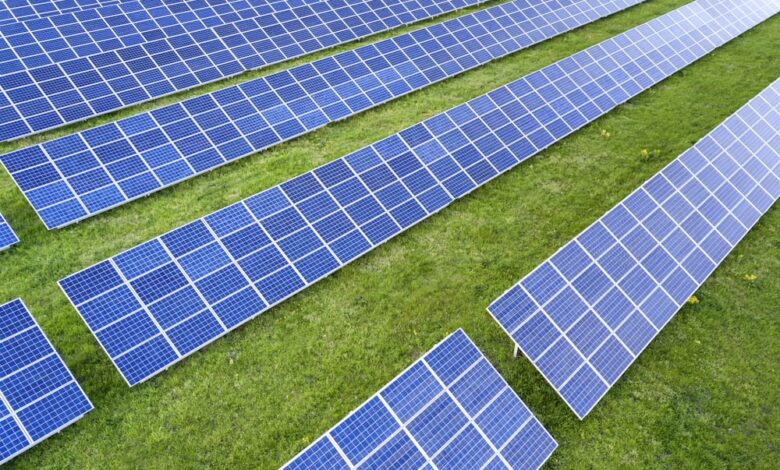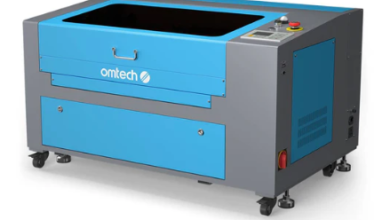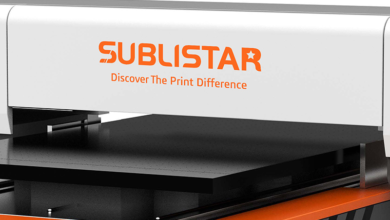The Growing Importance of Solar Panels in Commercial Settings

As businesses strive to cut costs and reduce their environmental impact, the adoption of solar panels has become increasingly popular. This sustainable energy solution offers numerous benefits, making it an attractive option for companies looking to enhance their operations and align with green initiatives.
Financial Benefits of Solar Panels
One of the most compelling reasons for businesses to invest in solar panels is the potential for significant financial savings. Traditional energy costs can be unpredictable and subject to market fluctuations. In contrast, solar panels provide a more stable and predictable energy source. After the initial investment in the installation of solar panels, businesses can experience a substantial reduction in their energy bills.
Additionally, governments and local authorities often offer various incentives to encourage the adoption of solar technology. These incentives can include tax breaks, grants, and rebates, which can help offset the initial costs of installation. Over time, the savings on energy expenses, combined with these financial incentives, result in a significant return on investment.
Enhancing Sustainability and Corporate Image
In today’s market, sustainability is a key concern for both businesses and consumers. Companies are increasingly aware of their environmental responsibilities and are seeking ways to reduce their carbon footprint. By installing commercial solar panels, businesses can significantly lower their greenhouse gas emissions, contributing to a cleaner, healthier planet.
Moreover, demonstrating a commitment to sustainability can enhance a company’s brand image. Consumers and clients are more likely to support businesses that adopt eco-friendly practices. By investing in solar panels, companies can not only reduce their environmental impact but also attract a more environmentally conscious customer base.
Technological Advancements and Reliability
The technology behind solar panels has advanced significantly in recent years, making them more efficient and reliable. Modern solar panels are designed to generate substantial amounts of energy even in less-than-ideal conditions. They are also highly durable, often lasting over 25 years with minimal maintenance.
Advancements in battery storage technology have further enhanced the reliability of solar energy. Efficient storage systems allow businesses to store excess energy generated during peak sunlight hours and use it during periods of low sunlight or at night. This ensures a consistent energy supply, reducing reliance on the grid and providing greater energy security.
Challenges and Considerations
Despite the numerous benefits, there are some challenges that businesses must consider when adopting solar panels. The initial cost of purchasing and installing solar panels can be high. However, the long-term savings and available financial incentives often justify this initial expenditure.
Space is another consideration. Solar panels require a significant amount of space for installation, which may be a limitation for some businesses. However, creative solutions such as rooftop installations or integrating solar panels into building designs can help overcome this challenge.
Regular maintenance is essential to keep the solar system operating at peak efficiency. While solar panels are generally low-maintenance, periodic inspections and cleaning are necessary to ensure optimal performance. Partnering with a reputable solar provider can help businesses manage this maintenance effectively.
Conclusion
Investing in solar panels is a strategic move for businesses looking to reduce costs and enhance their sustainability efforts. By adopting commercial solar panels, companies can take advantage of financial incentives, lower their energy bills, and contribute to a more sustainable future. As technology continues to evolve, the efficiency and accessibility of solar panels will only improve, making them an increasingly attractive option for businesses worldwide.
Incorporating renewable energy solutions into business operations is not only beneficial for the environment but also a sound economic decision. By carefully weighing the benefits and challenges, businesses can make informed choices that align with their financial and environmental goals.





